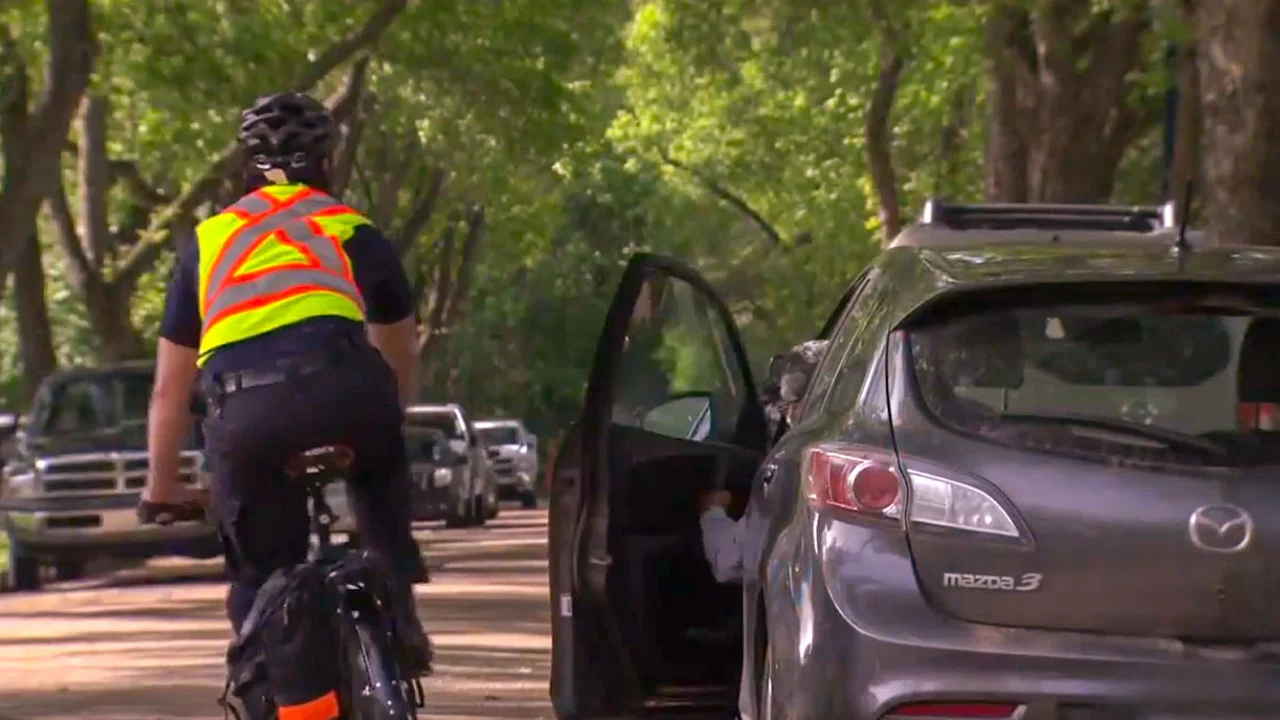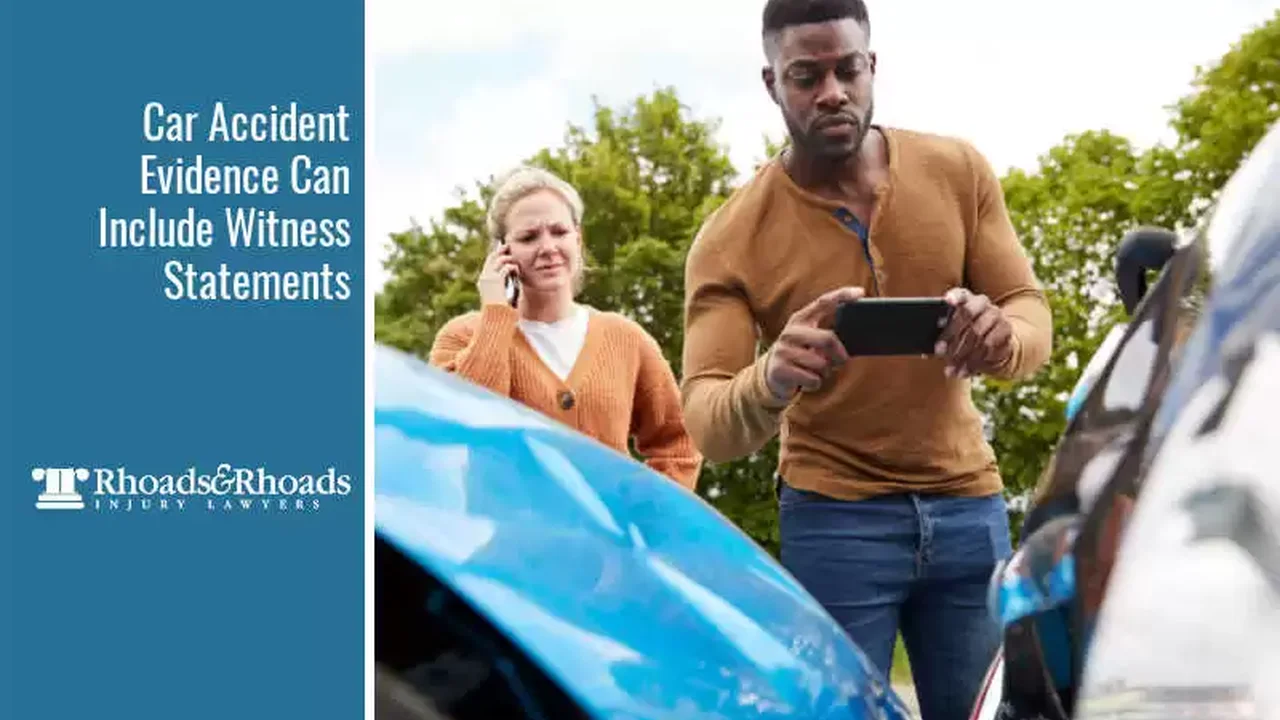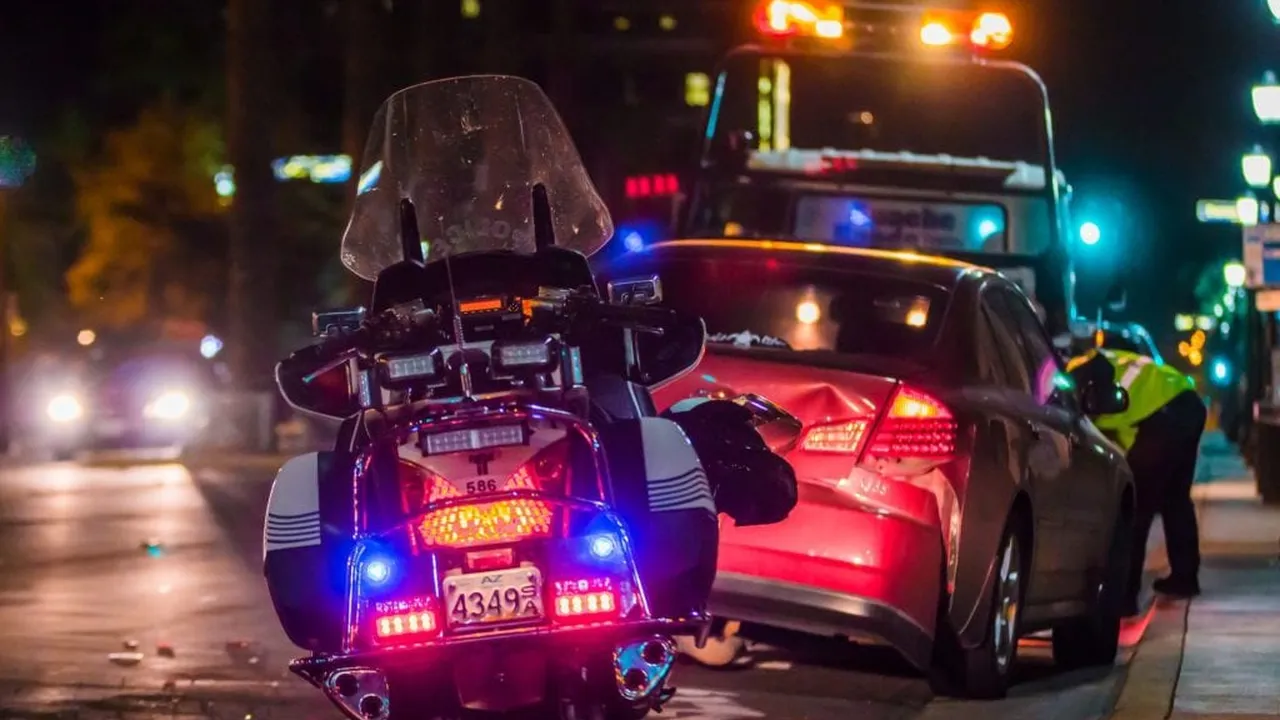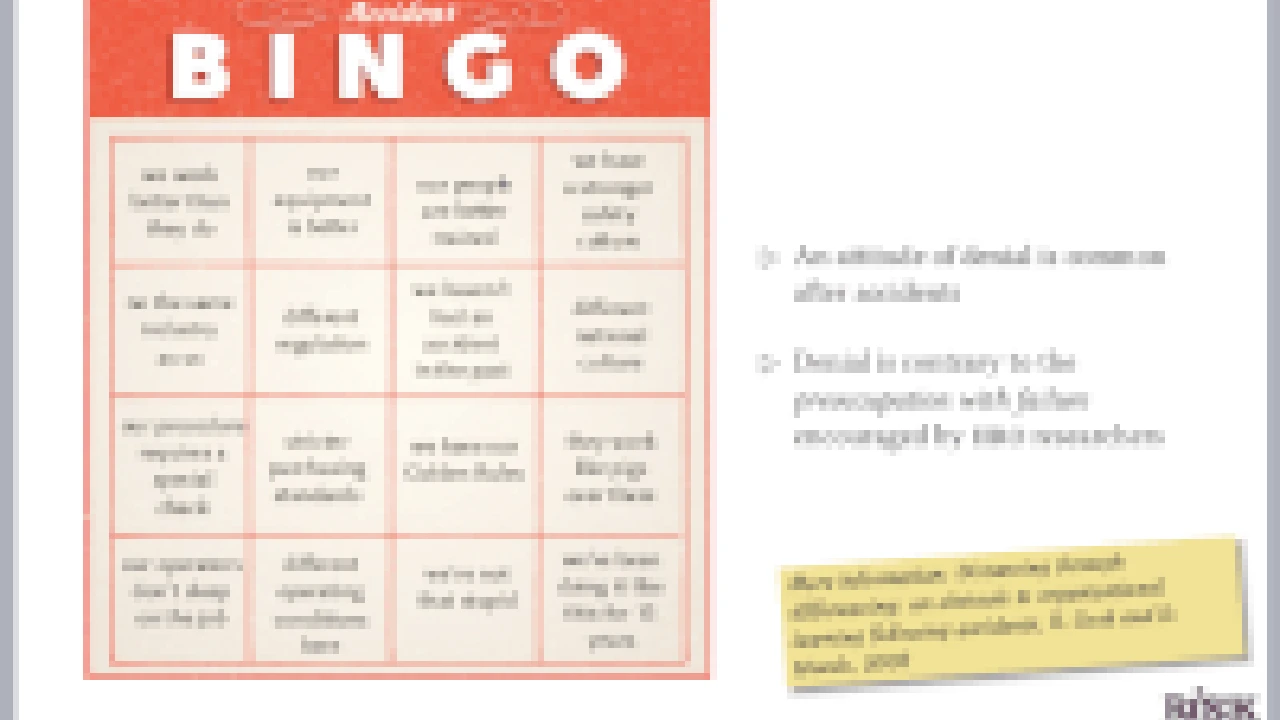Alternatives to Litigation: Mediation and Arbitration for Resolving Car Accident Disputes
Sample meta description.

Understanding the Landscape of Car Accident Disputes
Okay, so you've been in a car accident. Nobody wants to be there. After making sure everyone's okay and exchanging information, the real headache begins: dealing with insurance companies and figuring out who's paying for what. Often, things aren't so straightforward. Maybe the other driver is denying fault, or maybe the insurance company is lowballing you. That's when the possibility of a legal battle starts looming. But hold on a sec – before you dive headfirst into a lawsuit, let's explore some gentler, often quicker, and cheaper options: mediation and arbitration.
H2 Why Choose Alternative Dispute Resolution ADR Over Litigation for Car Accident Claims
Litigation, going to court, can be a real drag. It's time-consuming, expensive (think lawyer fees, court costs, expert witnesses), and emotionally draining. ADR, on the other hand, offers a more streamlined approach. It's generally faster, less formal, and gives you more control over the outcome. Think of it like this: litigation is a marathon, ADR is a sprint... or maybe a brisk walk.
H2 Mediation Explained A Collaborative Approach to Car Accident Resolution
Mediation is all about collaboration. You and the other party (usually the other driver and their insurance company) get together with a neutral third party called a mediator. The mediator's job isn't to decide who's right or wrong; it's to facilitate a conversation and help you reach a mutually agreeable settlement. They'll help you identify your interests, explore different options, and bridge the gap between your positions. It's like having a referee who's more interested in a good game than calling fouls.
H3 The Mediation Process What to Expect in Your Car Accident Case
So, what does a mediation session actually look like? Typically, everyone sits around a table. The mediator starts by explaining the process and setting ground rules. Then, each party gets a chance to present their side of the story. After that, the mediator might meet with each party separately (this is called "caucus") to explore their underlying interests and concerns. The mediator then shuttles back and forth, conveying offers and counteroffers, until hopefully, an agreement is reached. It's a lot of talking, listening, and trying to understand the other person's perspective. And coffee. There's usually coffee.
H3 Benefits of Mediation in Car Accident Settlements
Why choose mediation? Well, for starters, it's confidential. What's said in mediation stays in mediation. It's also non-binding, meaning you're not obligated to accept any settlement you don't like. You're in control. Plus, it's often much cheaper and faster than going to court. And perhaps most importantly, it can preserve relationships. If you're dealing with a neighbor or a friend who was involved in the accident, mediation can help you resolve the dispute without burning bridges.
H2 Arbitration Explained A More Formal ADR Method for Car Accident Disputes
Arbitration is a bit more formal than mediation. Instead of a mediator, you have an arbitrator (or a panel of arbitrators). The arbitrator acts more like a judge. You present evidence, call witnesses, and make arguments. The arbitrator then makes a decision, which can be either binding or non-binding, depending on the agreement you've made beforehand. Think of it as a mini-trial, but without all the courtroom drama.
H3 The Arbitration Process for Car Accident Claims Step-by-Step
The arbitration process typically involves submitting documents, participating in a hearing (either in person or remotely), and presenting evidence. You'll have the opportunity to cross-examine witnesses and make legal arguments. The arbitrator will then review all the evidence and issue a written decision. It's more structured than mediation, but still less formal than a full-blown court trial.
H3 Binding vs Non-Binding Arbitration in Car Accident Cases Understanding the Difference
This is crucial! Binding arbitration means you're stuck with the arbitrator's decision. You can't appeal it (except in very limited circumstances). Non-binding arbitration means you can reject the arbitrator's decision and proceed to court if you're not happy with the outcome. Before you agree to arbitration, make sure you understand whether it's binding or non-binding, and what that means for your rights.
H2 Key Differences Between Mediation and Arbitration for Car Accident Resolution
Let's break down the key differences: Mediation is collaborative, arbitration is adversarial. Mediation is non-binding (usually), arbitration can be binding. Mediation is less formal, arbitration is more formal. Mediation is about finding a mutually agreeable solution, arbitration is about having a decision imposed on you. Consider your personality and the nature of the dispute when choosing between the two.
H2 Preparing for Mediation or Arbitration in Your Car Accident Case
Whether you choose mediation or arbitration, preparation is key. Gather all relevant documents, such as police reports, medical records, repair estimates, and insurance policies. Organize your evidence and create a clear timeline of events. Talk to a lawyer to get legal advice and guidance. Practice your presentation and be prepared to answer questions. The more prepared you are, the better your chances of a successful outcome.
H2 Product Recommendations for Documenting and Managing Car Accident Information
Okay, so you're prepping for mediation or arbitration, or just want to be prepared after an accident. Here are a few products that can really help:
H3 Car Accident Camera Recorders Choosing the Right Dash Cam
Product 1: Garmin Dash Cam 67W
Use Case: This is your always-on witness. It automatically records everything that happens in front of your car. If there's an accident, you'll have video evidence of what happened. It also has voice control, so you can tell it to save video or take a snapshot without taking your hands off the wheel (though, obviously, safety first!).
Comparison: Compared to cheaper dash cams, the Garmin 67W has better video quality, a wider field of view, and more reliable performance. Some cheaper models might skip frames or have poor night vision. It lacks rear camera capabilities, which some pricier models offer.
Price: Around $250.
Product 2: Vantrue N4 3 Channel Dash Cam
Use Case: This dash cam records the front, inside, and rear of your car simultaneously. Great for rideshare drivers or anyone who wants comprehensive coverage. It can capture valuable evidence in case of a rear-end collision or an incident inside the vehicle. It also has parking mode.
Comparison: Offers wider coverage than the Garmin 67W but can be more complex to set up and manage. Video quality might be slightly lower than the Garmin in low-light conditions. More expensive than single-channel options.
Price: Around $300.
H3 Car Accident Documentation Apps Streamlining the Information Gathering Process
Product 1: Car Accident Report App (Available on iOS and Android)
Use Case: This app guides you through the process of documenting a car accident. It has sections for recording driver information, insurance details, vehicle damage, and witness statements. It also allows you to take photos and videos of the scene. It generates a professional-looking accident report that you can send to your insurance company or your lawyer.
Comparison: Much better than trying to scribble everything down on a piece of paper. Some free apps are available, but they might have limited features or be ad-supported. Paid apps often offer more comprehensive features and are ad-free.
Price: Free (with limited features) to $10.
Product 2: Google Keep (Free on Web, iOS, and Android)
Use Case: While not specifically for car accidents, Google Keep is a versatile note-taking app perfect for quickly jotting down details, recording voice memos, and taking pictures. It's cloud-based, so your information is always accessible across devices. Use it to document the accident scene, record witness information, or even draft initial statements.
Comparison: A more general-purpose solution compared to dedicated car accident apps, but its flexibility and free price make it a valuable tool. Lacks the structured reporting features of specialized apps.
Price: Free
H3 Portable Jump Starters Ensuring You're Not Stranded After an Accident
Product 1: NOCO Boost Plus GB40 1000 Amp 12-Volt UltraSafe Lithium Jump Starter Box
Use Case: Accidents can sometimes drain your car battery. This portable jump starter can get you back on the road quickly without needing another vehicle. It's compact, easy to use, and also functions as a power bank for charging your phone or other devices.
Comparison: Many different amp ratings exist. This one is a good balance of size, power, and price for most cars. Cheaper models might not have enough power for larger engines. More expensive models offer higher amp ratings and additional features like air compressors.
Price: Around $100.
Product 2: Clore Automotive Jump-N-Carry JNC660 1700 Peak Amp 12-Volt Jump Starter
Use Case: A heavy-duty jump starter suitable for larger vehicles or those requiring more cranking power. It's less portable than the NOCO Boost but offers superior performance for demanding situations. Ideal for professional mechanics or those who frequently assist others with jump starts.
Comparison: More powerful and robust than the NOCO Boost but also larger and heavier. Relies on a lead-acid battery, which requires more maintenance than lithium-ion batteries. More expensive than smaller lithium-ion jump starters.
Price: Around $200.
H2 The Role of Legal Counsel in Mediation and Arbitration for Car Accident Claims
While ADR is designed to be less formal than litigation, it's still a good idea to consult with a lawyer. A lawyer can advise you on your legal rights, help you prepare your case, and represent you in mediation or arbitration. They can also help you evaluate settlement offers and ensure that you're getting a fair deal. Think of them as your guide through the legal maze.
H2 Common Mistakes to Avoid in Mediation and Arbitration for Car Accident Settlements
Don't go in unprepared. Don't be afraid to ask questions. Don't let your emotions get the better of you. Don't settle for less than you deserve. And don't forget to consult with a lawyer before making any major decisions.
H2 Final Thoughts Choosing the Right Path After a Car Accident
Navigating the aftermath of a car accident can be stressful, but you don't have to go it alone. Mediation and arbitration offer viable alternatives to litigation, providing faster, cheaper, and more collaborative ways to resolve disputes. By understanding your options, preparing your case, and seeking legal guidance, you can increase your chances of a successful outcome and get back on the road to recovery.
:max_bytes(150000):strip_icc()/277019-baked-pork-chops-with-cream-of-mushroom-soup-DDMFS-beauty-4x3-BG-7505-5762b731cf30447d9cbbbbbf387beafa.jpg)






